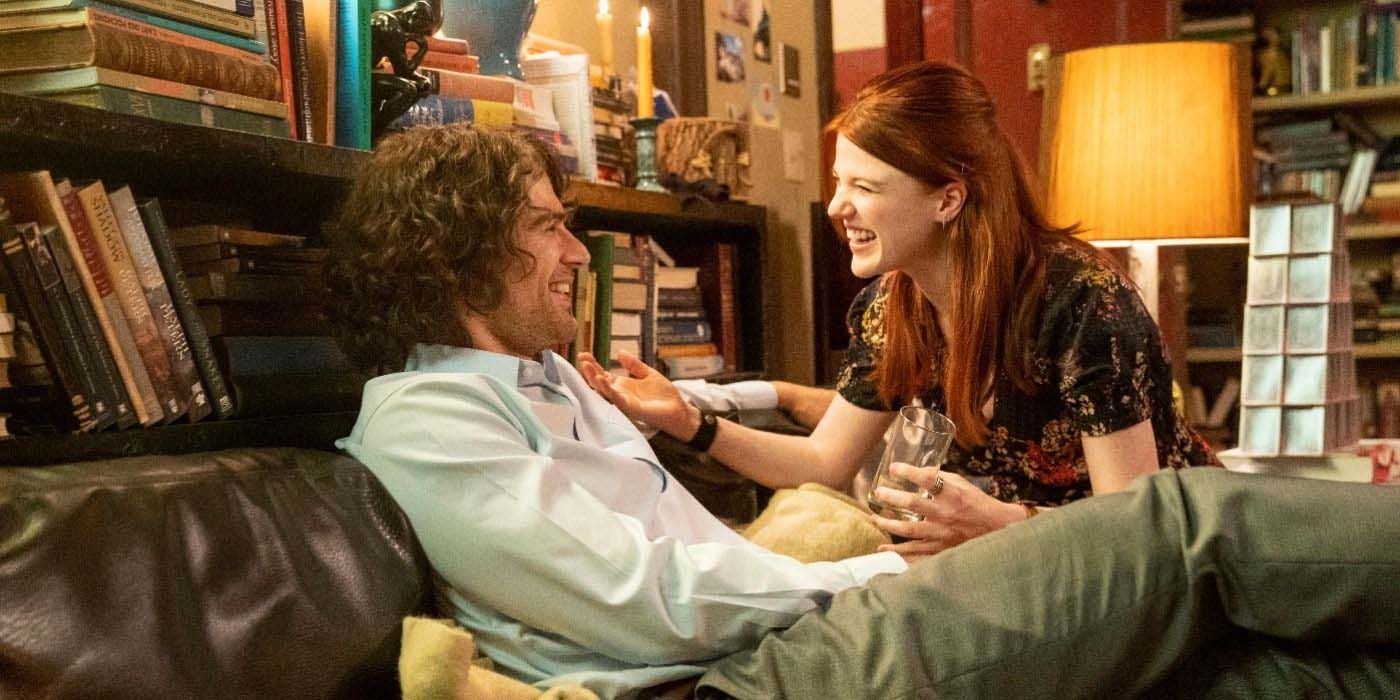
The Time Traveler’s Wife Must Avoid Steven Moffat's Story Problem
The Time Traveler’s Wife must avoid a core problem with Steven Moffat’s storytelling if the show is to succeed. Steven Moffat rose to international prominence for his work on Doctor Who, with much-loved episodes like “The Girl in the Fireplace” and “Blink” seeing him earn the showrunner position full-time. With a penchant for intricate but emotional storytelling, Moffat went on to helm the BBC’s Sherlock, making a star of series lead Benedict Cumberbatch – and seeing the writer recognized with two Primetime Emmys.
Against this background, it is not hard to see why HBO tapped Moffat to head its adaptation of Audrey Niffenegger’s The Time Traveler’s Wife. Starring Rose Leslie and Theo James, the series’ blend of thorny time travel and romantic intrigue sits squarely within Moffat’s comfort zone. Indeed, Moffat had already drawn on the original novel while working on Doctor Who, with the Doctor’s nonsequential relationship with River Song heavily inspired by Niffenegger’s story. However, this seemingly natural fit disguises a significant issue with Moffat’s storytelling – and it could end up sinking The Time Traveler’s Wife.
Steven Moffat is an exceptionally creative writer – but without well-defined limits, this can lead to his plots becoming convoluted and impenetrable. This is clearly demonstrated by Moffat’s work on Doctor Who, with the writer’s self-contained episodes amongst the strongest in the show’s long and hallowed history, but his overarching story arcs are simultaneously under and over-whelming in their baffling complexity. With The Time Traveler’s Wife already presenting a powerful and compelling narrative, Moffat must resist the urge to place too much of his own stamp on Niffenegger’s story. Moffat’s individual ideas may regularly be good, but the writer does not seem to know when to stop – and this could ultimately serve to obscure and distort the careful plotting of the original book.

Moffat’s immense originality is one of his key strengths as a writer, which makes the number of adaptations on his record somewhat mystifying. From 2007’s Jekyll to 2020’s Dracula, the writer has put his spin on some of the most distinguished works ever published. However, as illustrated by problems in Sherlock, this can lead to the dilution of both the original work and Moffat’s own ideas, with the final product something of a mess. Going forward, the writer’s strengths may be best served through entirely original stories – and the upcoming four-part miniseries Inside Man could provide the perfect blend of containment and freedom to allow him to truly shine.
That said, The Time Traveler’s Wife may yet see Moffat at his best. If the writer can resist the urge to tinker too much with the source material, the HBO series could well recapture the narrative spark that helped Doctor Who and Sherlock transcend their modest BBC budgets. With an increasingly divisive reputation, the writer is in serious need of an unambiguous hit – as are the millions of viewers who have lived the highs and lows of his mercurial output.














